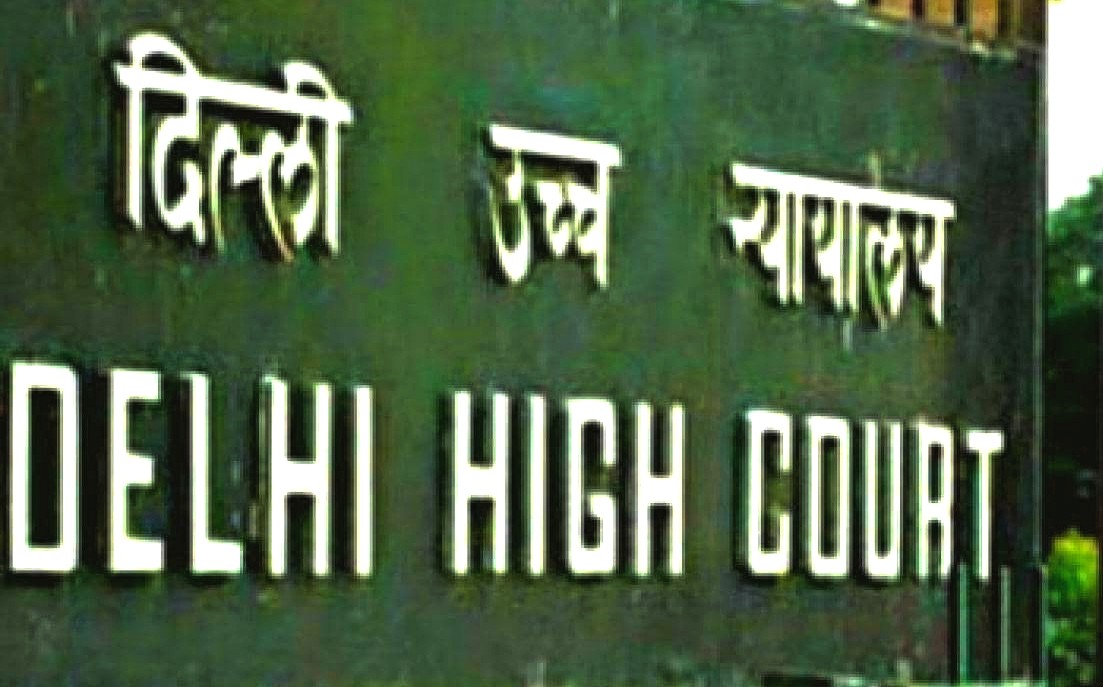Surcharge on turnover tax, being exclusive levy on State Government undertakings, does not qualify as fee or charge as per Section 40(a)(iib) of Income Tax Act, rules Apex Court

Read Judgment: Kerala State Beverages Manufacturing & Marketing Corporation Ltd. V. The Assistant Commissioner of Income Tax Circle 1(1)
Pankaj Bajpai
New Delhi, January 4, 2022: The Supreme Court has ruled that a surcharge on sales tax or turnover tax, being exclusive levies on State Government undertakings, does not qualify as fee or charge as per Section 40(a)(iib) of the Income Tax Act, for purposes of disallowance.
A Division Bench of Justice R. Subhash Reddy and Justice Hrishikesh Roy observed that a surcharge on a tax is nothing more than an enhancement of the tax, and as per settled law, a legislation is to be interpreted in a manner which serves and promotes the objective and intention behind the legislation.
Going by the background of the case, Kerala State Beverages Manufacturing & Marketing Corporation (Assessee-Appellant), which is engaged in wholesale and retail trade of beverages, was subject to assessment proceedings and order came to be passed u/s 143(3) of the Act. Thereafter the jurisdictional Principal Commissioner of Income Tax (PCIT) exercised power of revision u/s 263 on grounds that the original assessment order was erroneous and prejudicial to interests of the Revenue. The PCIT held that the AO failed to disallow debits from the assessee’s Profit & Loss Account with respect to the amount of surcharge on sales tax and turnover tax paid to the State Government, which ought to have been disallowed u/s 40(a)(iib) of the Act.
The assessee filed an appeal before the ITAT, but the same came to be dismissed. The assessee then filed a Miscellaneous Petition claiming that the Tribunal had failed to consider the issue agitated against the disallowance of the surcharge on Sales Tax. The order of the ITAT was recalled and fresh orders were passed. The assessee approached the High Court to assail the validity of these orders but was not successful. Hence the present appeal.
After considering the submissions, the Apex Court noted that the appellant was holding FL9 and FL1 licences to deal in wholesale and retail of Indian Made Foreign Liquor (IMFL) and Foreign Made Foreign Liquor (FMFL) granted by the Excise Department.
“The FL1 licence was for sale of foreign liquor in sealed bottles, without privilege of consumption within the premises. The gallonage fee is payable as per Section 18A of the Kerala Abkari Act and Rule 15A of the Foreign Liquor Rules. The appellant was the only licence holder for the relevant years so far as FL9 licence to deal in wholesale, and so far as FL1 licences are concerned, it was also granted to one other State owned Undertaking, i.e., Kerala State Cooperatives Consumers’ Federation Ltd”, observed the Court.
Speaking for the Bench, Justice Reddy noted that if the amended provision u/s 40(a)(iib) is to be read in the manner, as interpreted by the High Court, it will literally defeat the very purpose and intention behind the amendment.
The aspect of exclusivity u/s 40(a)(iib) is not to be considered with a narrow interpretation, which will defeat the very intention of Legislature, only on the ground that there is yet another player, viz., Kerala State Cooperatives Consumers’ Federation Ltd. which is also granted licence under FL1, added the Bench.
Justice Reddy went on to observe that the aspect of ‘exclusivity’ u/s 40(a)(iib) has to be viewed from the nature of undertaking on which levy is imposed and not on the number of undertakings on which the levy is imposed.
If this aspect of exclusivity is viewed from the nature of undertaking, in this particular case, both KSBC and Kerala State Cooperatives Consumers’ Federation Ltd. are undertakings of the State of Kerala, therefore, levy is an exclusive levy on the State Government Undertakings, added the Bench.
The Apex Court highlighted that a reading of preamble and Section 3(1) of the Kerala Surcharge on Taxes Act, 1957, makes it abundantly clear that the surcharge on sales tax levied by the said Act is nothing but an increase of the basic sales tax levied under Section 5(1) of the Kerala General Sales Tax Act, 1963, as such the surcharge is nothing but a sales tax.
When the basic sales tax paid by KSBC under Section 5(1)(b) of the KGST Act, deduction was allowed, there was no reason not to allow deduction of surcharge on sales tax, added the Court.
“A clear distinction between ‘fee’ and ‘tax’ is carefully maintained throughout the scheme u/s 40(a) of the Act itself. Wherever the Parliament intended to cover the tax it specifically mentioned as a tax. Section 40(a)(i) and 40(a)(ia) specifically relate to tax related items. Section 40(a)(ic) refers to a sum paid on account of fringe benefit tax. At the same time, Section 40(a)(iib) refers to royalty, licence fee, service fee, privilege fee or any other fee or charge. If these words are considered to include a tax or surcharge like sales tax, the distinction so carefully spelt out in Section 40 between a tax and a fee will be obliterated and rendered meaningless. It is settled principle of interpretation that where the same Statute, uses different terms and expressions, then it is clear that Legislature is referring to distinct and different things”, observed the Division Bench.
Thus, the Top Court held that the gallonage fee, licence fee and shop rental (kist) with respect to FL9 and FL1 licences granted to the appellant will squarely fall within the purview of Section 40(a)(iib) of the Income tax Act.
Sign up for our weekly newsletter to stay up to date on our product, events featured blog, special offer and all of the exciting things that take place here at Legitquest.




Add a Comment